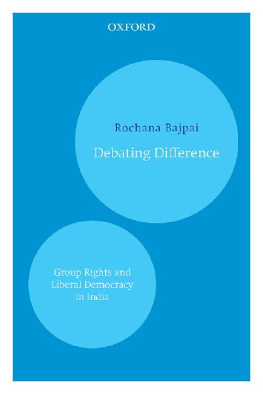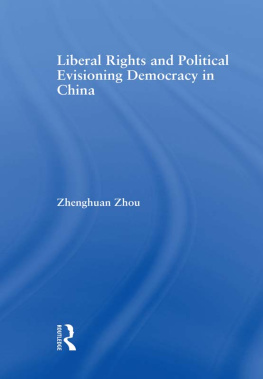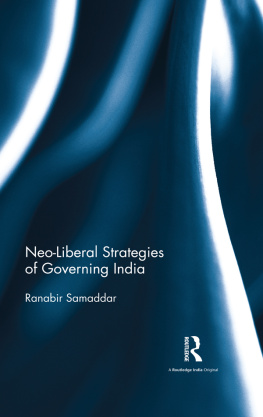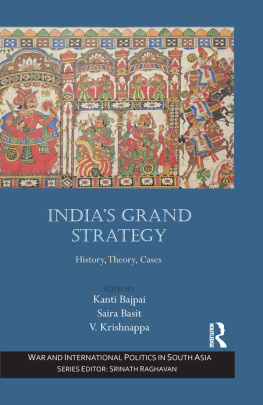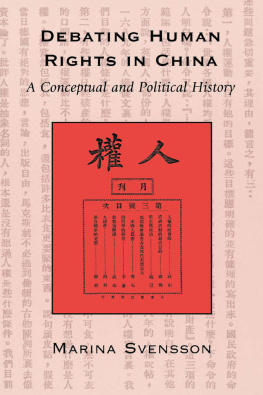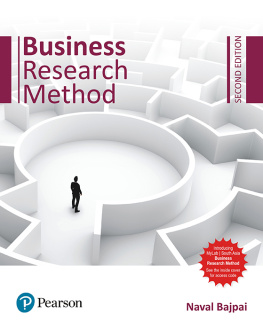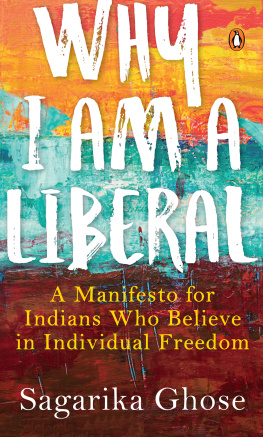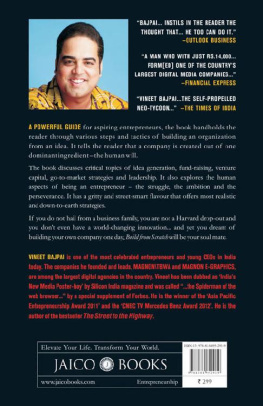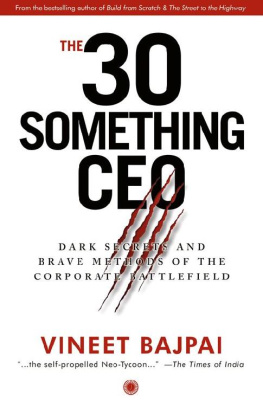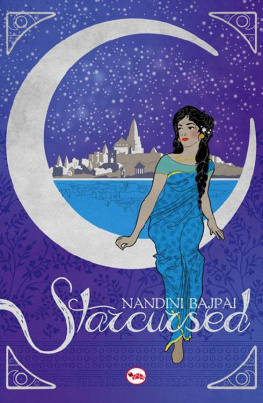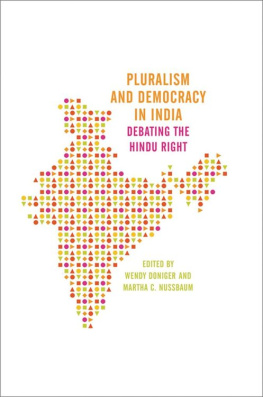Debating Difference
Debating Difference
Group Rights and Liberal Democracy in India
R OCHANA B AJPAI
YMCA Library Building, Jai Singh Road, New Delhi 110001
Oxford University Press is a department of the University of Oxford. It furthers the
University's objective of excellence in research, scholarship, and education
by publishing worldwide in
Oxford New York
Auckland Cape Town Dar es Salaam Hong Kong Karachi Kuala Lumpur
Madrid Melbourne Mexico City Nairobi New Delhi Shanghai Taipei Toronto
With offices in
Argentina Austria Brazil Chile Czech Republic France Greece Guatemala
Hungary Italy Japan Poland Portugal Singapore South Korea Switzerland
Thailand Turkey Ukraine Vietnam
Oxford is a registered trademark of Oxford University Press
in the UK and in certain other countries
Published in India by Oxford University Press, New Delhi
Oxford University Press, 2011
The moral rights of the author have been asserted
Database right Oxford University Press (maker)
First Published 2011
All rights reserved. No part of this publication may be reproduced,
or transmitted in any form or by any means, electronic or mechanical,
including photocopying, recording or by any information storage and
retrieval system, without permission in writing from Oxford University Press.
Enquiries concerning reproduction outside the scope of the above should be
sent to the Rights Department, Oxford University Press, at the address above
You must not circulate this book in any other binding or cover
and you must impose this same condition on any acquirer
ePub ISBN-13: 978-0-19-908823-2
ePub ISBN-10: 0-19-908823-3
Typeset in Adobe Jenson Pro 10.5/12.6
by Le Studio Graphique, Gurgaon 122 001
Printed in India at De Unique, New Delhi 110 018
Published by Oxford University Press
YMCA Library Building, Jai Singh Road, New Delhi 110 001
to my parents, to Prashant
Contents
The Moment of Containment:
The Constituent Assembly Debates, 19469
The Moment of Crisis:
Preferential Policies1986, 1990
This is a book about political arguments. It suggests, somewhat counter-intuitively, that the rhetoric of politicians merits close attention as reasoned argument. The primary interest of this book is in method, in exploring the possibilities of a political-theoretic reading of constitutional and legislative debates. Public reason, it suggests, is to be found not just in the thought of extraordinary individualsan Ambedkar or a Nehrubut also in more routine practices of debate.
The debates that are the focus of this book involve policies of group-differentiated rights in India, mainly since independence in 1947. In the India that I grew up in, special treatment of Muslims and lower castes, in the Shah Bano and Mandal cases, posed urgent dilemmas and was the topic of intense debate. Could special treatment for particular groups be reconciled with liberal democratic commitments to equal individual rights? Would the greater recognition of religion and caste in public policy mean the end of the Nehruvian nationalist project of ultimately transcending ethnicity, of building political community across social difference? And finally, for tackling the difficult dilemmas of group rights, was politics a problem, or a part of the solution?
My interest in these questions coincided fortuitously with the emergence of liberal theories on group rights in the 1990s, which provided the initial intellectual shape to this inquiry. Two convictions animated my project. First, Indias experience was of critical importance globally for addressing the dilemmas of group-differentiated rights in a liberal democratic framework. Second, Indias own policies would benefit from locating the particularities of its debates on religion and caste in wider theoretical contexts. Embarking upon this subject as a graduate student in the mid-1990s, however, was challenging: no studies existed yet that located Indias experience within political theory discussions of multiculturalism. Where to begin? In a bid to provide a historical background to the Shah Bano and Mandal cases, following a chance suggestion, I alighted upon the Indian Constituent Assembly debates. This was a crucial turning point. For those interested in public reasoning anywhere, the deliberations of the constituent Assembly of India are a treasure-trove. However, I was utterly unprepared for their intricacy, scale, and significance. The few studies of constitution-making in India were legal and historical analyses dating mainly to the 1950s and 1960s. While sophisticated in their own terms, these provided little detail on the structure of political arguments that was my interest, on the concepts and ideals invoked by the framers, their competing interpretations, and deployment in justifications for and against group rights. Arguments from the Constituent Assembly were not yet available to illuminate points of tension and convergence between liberal principles and group-differentiated rights. I had to first reconstruct these from reams of political rhetoric, a laborious task that extended from a term paper at Jawaharlal Nehru University (JNU) to a Masters thesis at Oxford in 1997. I soon ran into another difficulty: liberal arguments were not the most significant considerations in debates on special treatment for religious and caste minorities. Liberal concerns were often inseparable from nation-building. The strongest objection historically to minority rights in India and other postcolonial countries, where these are associated with a colonial divide and rule policy, has stemmed from nationalist concerns. Importantly, radical changes occurred to minority policies in the transition from British rule that were surprisingly little known: legislative representation for religious minorities came to be abolished and special treatment restricted mainly to the Scheduled Castes and Tribes during the drafting of the Constitution. My interest in pursuing these avenues led to a recasting of the initial frame of inquiry, from its location within normative liberal theory to the wider scope offered by approaches to political ideology. This allowed for a fuller examination of the range of argumentsliberal or otherwiseinvoked in Indian debates. It also highlighted the relationship of norms and power, of the explanatory potential of political arguments.
Studies of political ideology, however, have traditionally focused on great individuals rather than policy debates. The rhetoric of political debate has suffered from the ennui evoked by familiarity. Moreover, analysts have, on the one hand, been preoccupied with the function of political ideologies rather than their internal structure, focusing on the motivations of actors and the purposes of their projects. On the other hand, those attentive to the details of concepts and moral reasoning have largely neglected their links to power. Clearing a space for this study thus required making a case for a particular method that combined close conceptual analysis of political rhetoric with an investigation of its relationship to power. This case, furthermore, had to remain detached from the two dominant frames for analysing political rhetoric, in terms of the motivations of individuals, and the interests of social classes, both of which have tended to diminish the argumentative or reasoning aspects of rhetoric. This book is an attempt to present the main findings of this continuing project. Based on detailed case studies of landmark debates, it develops a general conceptual model, in terms of which the particular forms of Indian arguments for and against group-differentiated rights in different historical periods can be understood. It shows that changes to arguments over timebetween the Constituent Assembly debates (194649) and Mandal II (20056) for examplecan be understood in terms of the changing relationship between the concepts of this frame. Further, changes to policies of special treatment over timefrom the abolition of quotas for religious minorities in the late 1940s, to their renewed consideration by the national government in 2009is better explained through changes to political arguments. The elaboration of the conceptual frame and its application to understanding key policy and power shifts in postcolonial India are the subject of this book.



